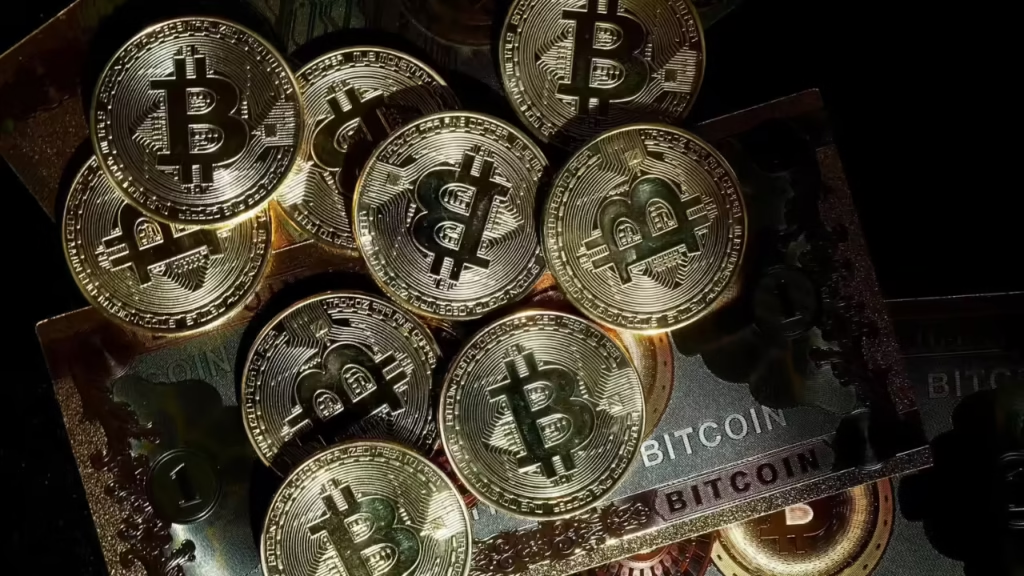Now Reading: Crypto Exchanges and Security: Lessons from Hacking Incidents and Investor Losses
-
01
Crypto Exchanges and Security: Lessons from Hacking Incidents and Investor Losses
Crypto Exchanges and Security: Lessons from Hacking Incidents and Investor Losses

As the popularity of cryptocurrency grows in India, so do the risks tied to it. Several global and local exchanges have faced hacking incidents that led to massive losses for users. These incidents have raised serious concerns about how secure crypto exchanges really are and how Indian investors, especially from Tier-2 cities, can protect their assets in such a volatile digital space.
Crypto exchanges work like digital banks for virtual currencies. Users trust them to store and manage their funds safely. But when security measures fail, the results can be devastating. In the past few years, many platforms have been attacked by hackers who exploited weak systems, poor user authentication, or insider leaks. Once funds are transferred to anonymous wallets, recovery becomes almost impossible.
For investors in India, the issue goes beyond just stolen money. Many users in smaller cities enter the crypto market with limited knowledge of how exchanges operate. They often pick platforms based on ads, referrals, or social media influence rather than security audits or legal compliance. This lack of awareness makes them more vulnerable to potential losses.
Some exchanges have improved their systems by introducing two-factor authentication, cold wallets, and insurance policies for user funds. However, these measures are not universal, and many smaller or newer exchanges skip them to cut costs. Users who fail to verify an exchange’s security setup end up taking unnecessary risks with their savings.
The lesson from recent hacking incidents is clear—security should be a top priority, not an afterthought. Investors must treat crypto exchanges the same way they would treat a financial institution. Before depositing any money, check whether the exchange follows global cybersecurity standards, conducts regular audits, and is registered with Indian financial authorities.
Regulators in India are also realizing that without stronger oversight, these problems will persist. Draft policies are being discussed to make exchanges more accountable for user protection, but the implementation is still in progress. Meanwhile, users need to stay alert and take basic precautions like using strong passwords, enabling two-factor verification, and avoiding storing large amounts of crypto online.
The rise of crypto is reshaping how people view money and investment, but it also brings new types of risks that traditional finance never faced. Hacking incidents remind us that innovation without safety can backfire quickly. For Indian investors, especially those from smaller cities who are still learning the ropes, security awareness is the best defense. In the world of digital finance, staying cautious isn’t just smart—it’s essential.

























